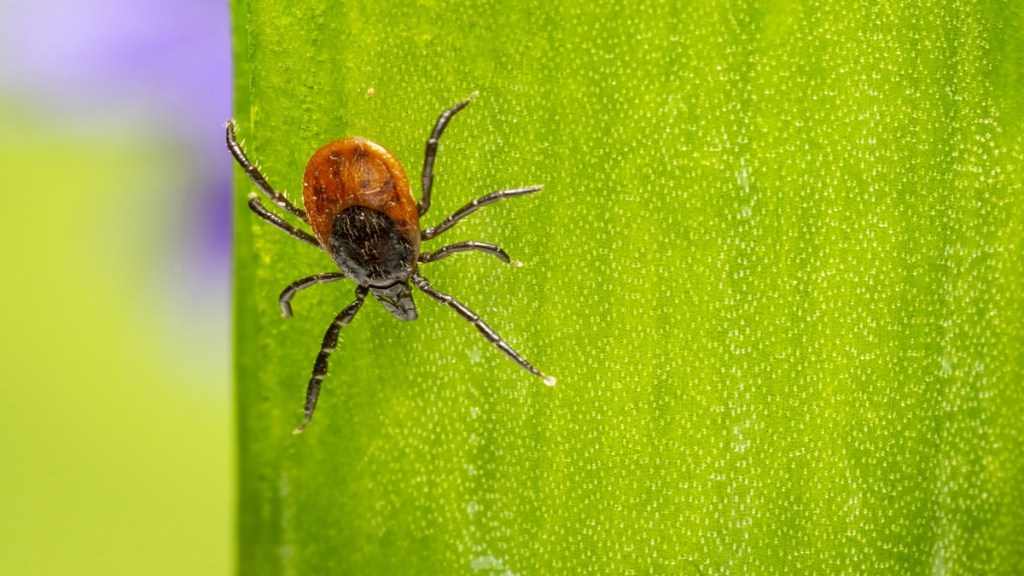Murine Typhus in Kerala: A 75-year-old man from Kerala has been diagnosed with a rare bacterial disease murine typhus. According to a report by Indian Express, the man recently travelled to Vietnam and Cambodia. After experiencing symptoms like body pain and fatigue, the man decided to consult a doctor.
The Indian Express report revealed that tests for rat-induced and flea-borne diseases were inconclusive, although it was found that his liver and kidney functions were deteriorating. The doctors suspected his ailment to be a case of murine typhus on the basis of his travel history. Reportedly, this is the first case of rare disease reported in the state.
What is murine typhus?
Murine typhus is a disease caused by the bacteria Rickettsia typhi. Murine typhus is spread to people through contact with infected fleas, most commonly the Oriental rat flea (Xenopsylla cheopsis) and the cat flea (Ctenocephalides felis). According to the Centers for Disease Control ad Prevention (CDC), fleas become infected when they bite infected animals, such as rats, cats, or opossums. Once infected, the flea remains infected for the remainder of its life.
Murine typhus occurs in many tropical, subtropical, and temperate climates around the world, including several countries in Southeast Asia, Africa, Central and South America, southern Europe, and the Middle East. Murine typhus can also be called flea-borne typhus or endemic typhus.
What are the symptoms of murine typhus?
Signs and symptoms of murine typhus can include:
- Fever and chills
- Body aches and muscle pain
- Headache
- Loss of appetite
- Nausea
- Vomiting
- Stomach pain
- Cough
- Rash (typically occurs in about half of patients, and generally begins around day 5 of illness)
Severe illness can occur in some people, but deaths are rare (estimated to be less than 1% of all cases). Almost all cases resolve completely with appropriate antibiotics. According to the CDC, if the disease is not treated promptly, some people with the disease will need to be hospitalized. The disease can cause severe illness, including death, and can cause organ damage.
How to prevent murine typhus?
There is no vaccine to prevent murine typhus. Reduce your risk of getting murine typhus by avoiding contact with fleas, CDC maintains.

